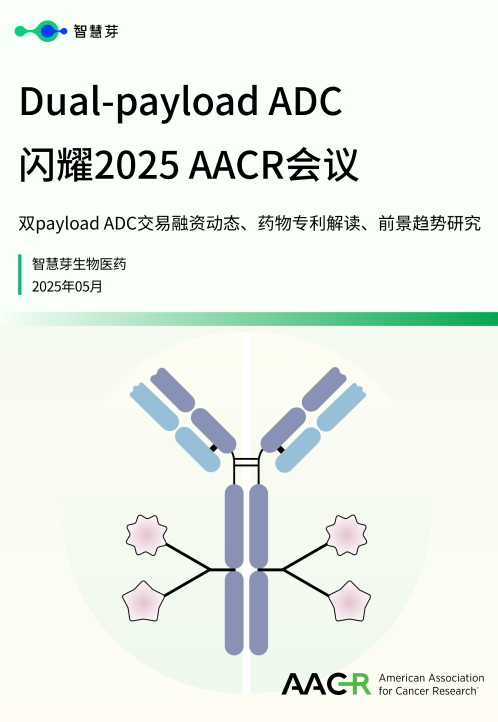预约演示
DLL3 Targeted Therapies Clinical Trials Insight
2024-05-21
免疫疗法临床2期抗体药物偶联物优先审批细胞疗法
“More Than 15 Drugs Are In Pipeline With Majority Drugs For Small Cell Lung Cancer”
Delta-like ligand 3 (DLL3) has emerged as an exciting target for precision cancer medicine. DLL3 is a protein expressed during fetal development that is involved in regulating cell differentiation. It is normally silenced in healthy adult tissues but reactivated in multiple cancers, such as non-small cell lung cancer. Selectively targeting DLL3 with novel therapies offers new hope for such cancer considered challenging to treat.
The rationale for targeting DLL3 is compelling. DLL3 is expressed on neuroendocrine cancers like small cell lung cancer but has restricted expression in normal tissue. This provides a wide therapeutic window for DLL3-directed agents. Evidence suggests DLL3 plays a role in tumor initiation, making it an appealing target.
Download: \
Several investigation therapies that bind DLL3 are now in clinical development. These include antibody-drug conjugates (ADCs), bispecific antibodies - mainly T cell engagers, and T cell therapies. ADCs were the first approach to developed for DLL3 targeting; however, bispecific T cell engagers have progressed the farthest in clinical testing. Rovalpituzumab tesirine (Rova-T) was the first DLL3 targeting ADC to be developed, using a DLL3 antibody linked to the toxin payload tesirine. While Rova-T did not meet its clinical endpoints, it demonstrated that DLL3 can be selectively targeted while minimizing normal tissue toxicity.
The most advanced DLL3 targeting candidate in clinical trials is Tarlatamab, a bispecific T cell engagers developed by Amgen. Tarlatamab binds DLL3 on cancer cells and CD3 on T cells, acting as bridge between cancer and immune cells. In a phase 1 trial, Tarlatamab induced a 40% response rate in participants who had received at least two prior therapies.
Further positive clinical trial data has fueled enthusiasm that Tarlatamab could be the first FDA-approved DLL3 targeted therapy, which is further underlined by the agency granting it the priority review status for the treatment of patients with advanced small cell lung cancer (SCLC). This was based on the results obtained from the phase 2 DeLLphi-301 trial. Beyond SCLC, Tarlatamab is also being evaluated in other DLL3-positive cancers including neuroendocrine prostate cancer.
Looking ahead, combining DLL3 targeting agents like Tarlatamab with immune checkpoint inhibitorsimmune checkpoint inhibitorsimmune checkpoint inhibitors could drive deeper, more durable responses. CAR-T cells engineered to target DLL3 are also under development to harness the power of cell therapy.
In conclusion, selectively targeting DLL3 with novel therapies represents a paradigm change in precision oncology. DLL3-directed agents have potential to treat cancers unresponsive to current options and improve patient survival. As more DLL3 targeting agents enter the clinical, this emerging approach may soon become a vital component of cancer care, especially for neuroendocrine cancers.
更多内容,请访问原始网站
文中所述内容并不反映新药情报库及其所属公司任何意见及观点,如有版权侵扰或错误之处,请及时联系我们,我们会在24小时内配合处理。
Eureka LS:
全新生物医药AI Agent 覆盖科研全链路,让突破性发现快人一步
立即开始免费试用!
智慧芽新药情报库是智慧芽专为生命科学人士构建的基于AI的创新药情报平台,助您全方位提升您的研发与决策效率。
立即开始数据试用!
智慧芽新药库数据也通过智慧芽数据服务平台,以API或者数据包形式对外开放,助您更加充分利用智慧芽新药情报信息。



